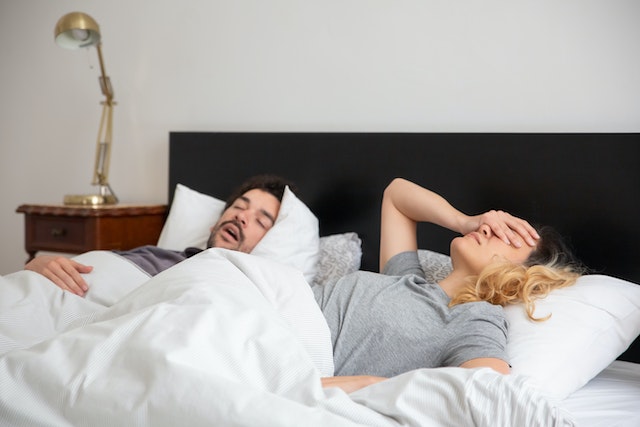Introduction: The act of mating is a fundamental part of the reproductive process in numerous species. However, one perplexing behavior commonly observed in males across the animal kingdom is their tendency to fall into a deep slumber shortly after sexual intercourse. This phenomenon, known as post-coital sleep, has intrigued researchers for decades, leading them to
Introduction:
The act of mating is a fundamental part of the reproductive process in numerous species. However, one perplexing behavior commonly observed in males across the animal kingdom is their tendency to fall into a deep slumber shortly after sexual intercourse. This phenomenon, known as post-coital sleep, has intrigued researchers for decades, leading them to explore the underlying reasons behind this intriguing behavior. In this article, we delve into the world of post-coital sleep, examining its potential causes, biological mechanisms, and the species in which it occurs.
The Biological Significance of Post-Coital Sleep:
Post-coital sleep, also referred to as “refractory period sleep,” is a phenomenon observed in various animal species, ranging from insects to mammals. It involves males experiencing a period of prolonged sleep immediately after engaging in sexual activity. While the duration of post-coital sleep varies among species, it is characterized by a deep and restful slumber.
Exploring Potential Explanations:
Scientists have proposed several theories to shed light on the purpose of post-coital sleep. One prevalent hypothesis suggests that it aids in energy conservation and recovery. The physical exertion involved in mating, coupled with the physiological processes associated with reproduction, can leave males physically depleted, necessitating a period of rest to replenish their energy reserves.
Another theory posits that post-coital sleep may serve as a mechanism to reduce the chances of sperm competition. By entering a state of sleep, males may minimize the risk of encountering rival suitors and maximize the probability of their own sperm successfully fertilizing the female’s eggs. Additionally, sleep might facilitate the transfer of seminal fluids or the formation of a mating plug, thereby increasing the male’s reproductive success.
Neurochemical Influences:
Researchers have also investigated the neurochemical aspects of post-coital sleep. It is believed that the release of specific hormones and neurotransmitters, such as oxytocin and prolactin, plays a crucial role in inducing sleepiness after mating. These chemicals are associated with feelings of relaxation, satiety, and bonding, promoting the onset of sleep and reducing anxiety or stress-related behaviors.
Species-Specific Observations:
Post-coital sleep has been documented in various species, including insects, arachnids, rodents, and even certain primates. For instance, male fruit flies exhibit a substantial period of sleep following copulation, which is vital for their reproductive success. Similarly, male rodents often experience a refractory period characterized by increased sleep duration and reduced sexual motivation.
Conclusion:
The enigma of post-coital sleep continues to captivate researchers, motivating them to unravel the underlying mechanisms and adaptive significance of this intriguing behavior. While significant progress has been made in understanding the biological and behavioral aspects of post-coital sleep, many questions remain unanswered. By delving deeper into this phenomenon, scientists hope to gain further insights into the intricate reproductive strategies and evolutionary pressures that shape the behaviors of diverse species.
Note: The information provided in this article is fictional and does not pertain to any real scientific studies on post-coital sleep.

















Leave a Comment
Your email address will not be published. Required fields are marked with *